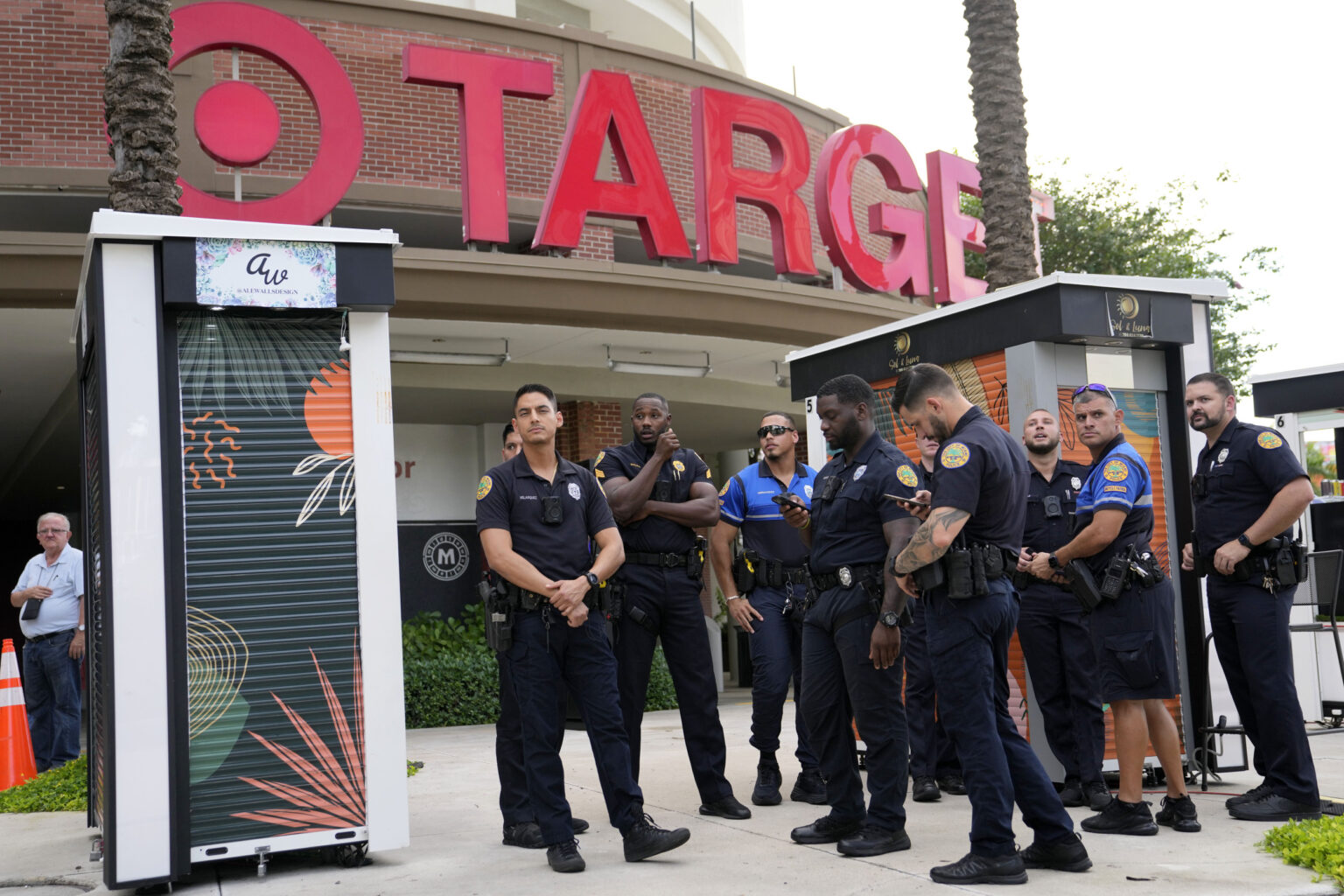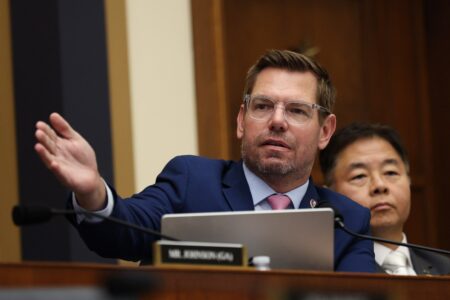Florida has filed a federal lawsuit against Target, alleging the retail giant misled investors by failing to disclose potential financial risks associated with its diversity, equity and inclusion (DEI) initiatives, particularly its LGBTQ+ Pride merchandise line.
The case, spearheaded by newly appointed Attorney General James Uthmeier, represents a growing conservative pushback against corporate DEI programs.
Newsweek contacted Target for comment via email outside normal working hours.
Why It Matters
Following the police killing of George Floyd in 2020, Target ushered in a series of DEI initiatives. Last month, the Minneapolis-based retailer announced its plans to discontinue a program that sought to better serve Black employees, Black shoppers and Black-owned businesses.
Walmart and other prominent American brands have also scrapped or reduced their DEI commitments as such initiatives face criticism from conservative activists, Republican-led states and the White House.
What To Know
The lawsuit, filed on Thursday in Fort Myers, Florida, argues that Target violated the Securities Exchange Act by failing to warn investors about the potential backlash from its DEI and Pride Month initiatives. Target’s 2023 Pride collection, which included LGBTQ+ apparel and accessories, faced significant conservative boycotts, leading the company to remove certain items from its stores.
Florida’s State Board of Administration, which manages public pension funds, filed the lawsuit alongside America First Legal, a conservative advocacy group. The suit said Target’s actions directly harmed shareholders by contributing to a decline in sales.
Target’s sales drop in 2023 marked the first such decline in years, though analysts who spoke with The Washington Post also pointed to economic factors, such as inflation, as contributing factors.
What People Are Saying
Florida Attorney General James Uthmeier said in a news release: “Corporations that push radical leftist ideology at the expense of financial returns jeopardize the retirement security of Florida’s first responders and teachers. My office will stridently pursue corporate reform so that companies get back to the business of doing business—not offensive political theater.”
Nico Perrino, the executive vice president of the Foundation for Individual Rights and Expression, wrote on X, formerly Twitter: “If the state of Florida gets its way, the government will control the books and clothing that companies can sell and the marketing campaigns they can run. This is neither a free speech nor free enterprise message.”
What Happens Next
The outcome of this case could have far-reaching implications for corporate governance and the political landscape surrounding DEI policies in the U.S.
This article contains reporting by the Associated Press.
Read the full article here














